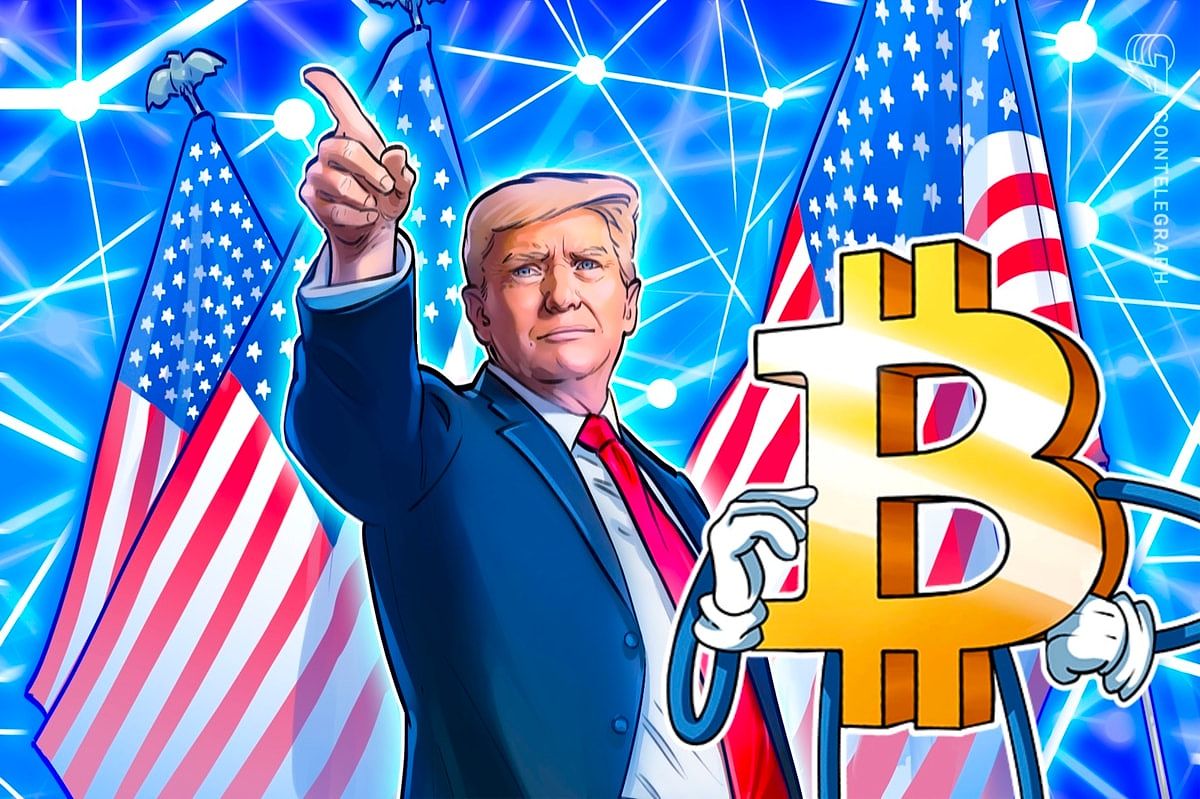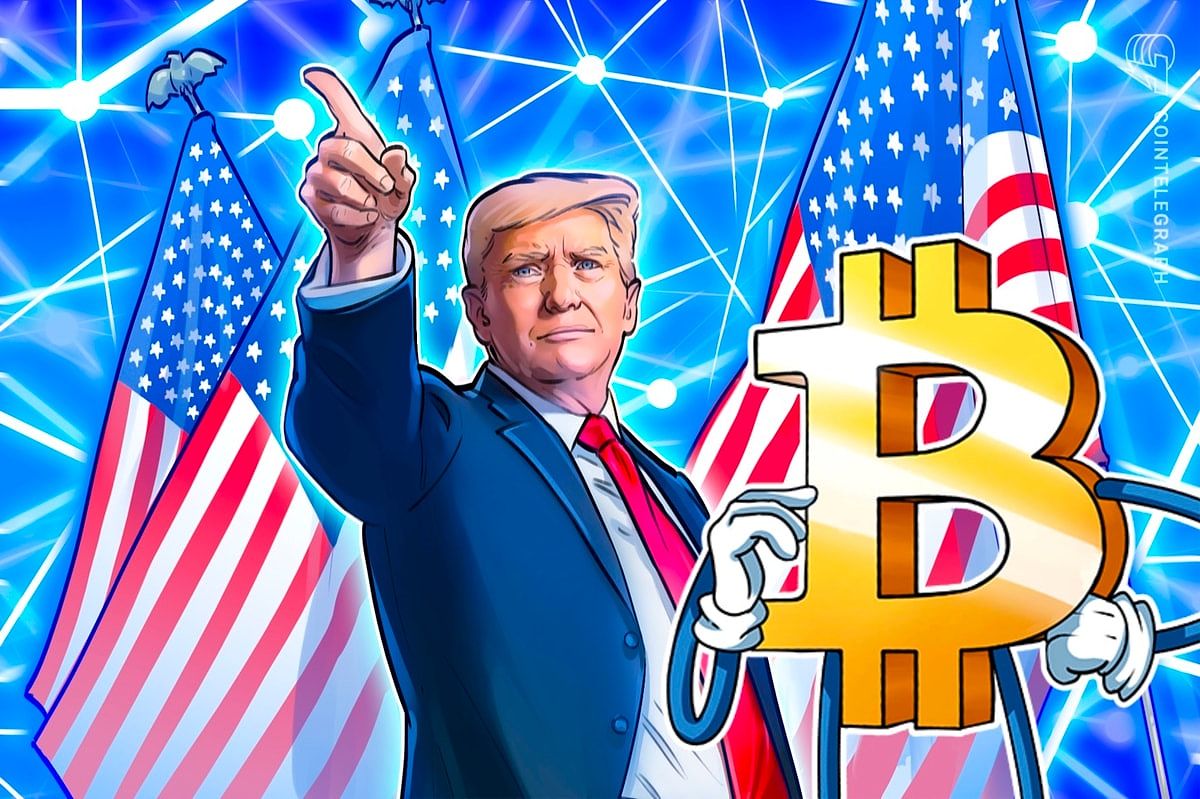Donald Trump’s recent comments regarding Bitcoin have ignited a wave of curiosity within the cryptocurrency sector. His assertions, if they materialize into actionable policies, could profoundly influence the trajectory of digital assets in the United States. This analysis delves into the potential repercussions of Trump’s Bitcoin stance for investors and the overall cryptocurrency ecosystem.
A Vision for Cryptocurrency: Is America Poised to Lead?
Trump has articulated a compelling vision for the future of Bitcoin and cryptocurrency, positioning the United States as a potential global leader in this burgeoning domain. He has made bold commitments to retain the government’s existing Bitcoin assets, regardless of their origins, while also advocating for the U.S. to become the “crypto capital of the world.” Should these statements evolve into concrete policy actions, they could have extensive ramifications for the cryptocurrency market.
Historically, Trump has exhibited skepticism towards Bitcoin, labeling it a “scam” and questioning its intrinsic value. However, his recent shift in rhetoric suggests a potential pivot in his viewpoint, likely influenced by the increasing mainstream acceptance and popularity of cryptocurrencies. This change could signify a broader embrace of digital currencies at the highest levels of government.
Navigating the Bitfinex Case: Legal Intricacies and Future Implications

A notable portion of the U.S. government’s Bitcoin holdings originates from the notorious Bitfinex hack, a significant cybercrime incident that resulted in the loss of a considerable amount of Bitcoin. The government intervened by seizing part of these stolen assets, raising critical questions about their eventual fate.
The legal framework governing asset forfeiture introduces a layer of complexity to this situation. Typically, the government prioritizes restitution for victims, yet ongoing investigations and the potential involvement of multiple stakeholders can complicate matters. In the context of the Bitfinex case, the government’s decision to retain the seized Bitcoin—despite potential conflicts with victim restitution—could be influenced by Trump’s pledge to maintain all government-held Bitcoin assets.
Investment Landscape in the Trump Administration: Weighing Opportunities Against Risks
Trump’s potential Bitcoin policies could unveil both opportunities and pitfalls for cryptocurrency investors. On one hand, his commitment to holding government-held Bitcoin, coupled with his vision of establishing the U.S. as a hub for crypto innovation, could catalyze increased adoption, investment, and liquidity within the cryptocurrency market.
Conversely, investors must remain cognizant of the risks inherent in this evolving landscape. Legal uncertainties, the possibility of regulatory shifts, and the intrinsic volatility of the crypto market all present challenges. The ambiguity surrounding the future of government-held Bitcoin, particularly in light of the complexities associated with the Bitfinex case, adds another layer of risk for potential investors.
Pros/Cons Analysis:
| Potential Opportunities | Potential Risks |
|---|---|
| Enhanced Bitcoin adoption within the United States | Ambiguity regarding the status of government-held Bitcoin |
| Possibility of clearer regulatory frameworks and favorable policies | Risk of legal disputes and unexpected regulatory changes |
| Increased capital flow and liquidity into the cryptocurrency market | Market volatility and the risks associated with crypto investments |
Conclusion
The implications of Trump’s Bitcoin policies, should they be realized, could significantly reshape the cryptocurrency landscape. His commitment to preserving government-held Bitcoin and his ambition for the U.S. to emerge as a crypto capital may drive increased adoption and investment. However, the intricate legal challenges surrounding asset forfeiture, coupled with the volatility inherent in the crypto market, present substantial hurdles. Investors must meticulously evaluate the potential benefits and risks before making strategic investment decisions in this dynamic environment.

